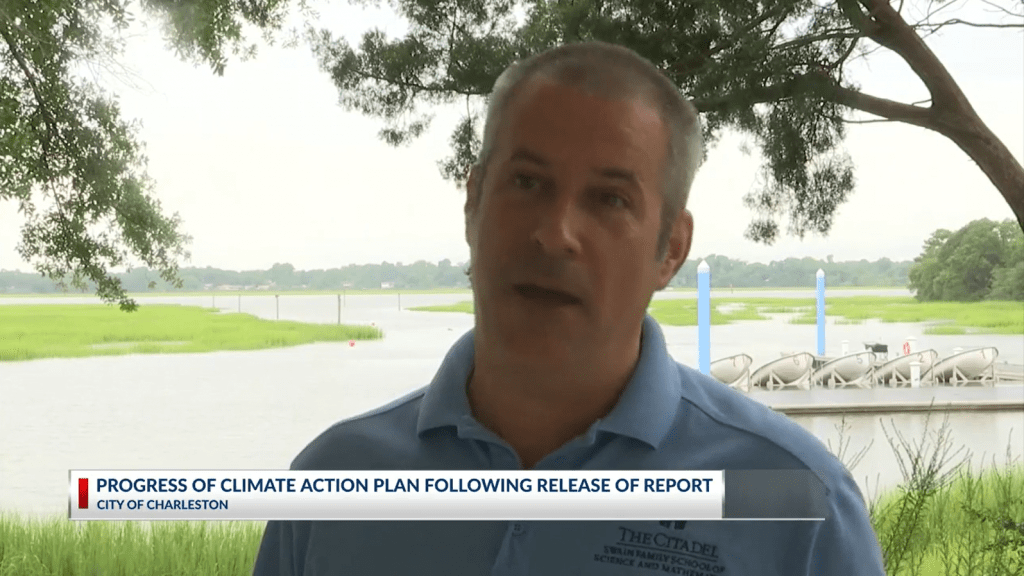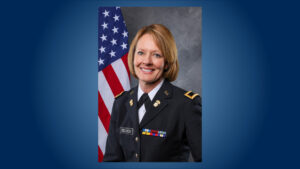
Note: Scott Curtis, Ph.D., is the director of the Lt. Col. James B. Near Jr., USAF, ’77, Center for Climate Studies at The Citadel.
As seen on WCBD – Count on 2, by Forrest Tucker
Global scientists are finalizing a report on climate change over the next couple weeks that could have impacts on The Lowcountry.
From heatwaves to hurricanes, climate experts are focusing on extreme weather events having a greater impact than they expected.
“When you have an increase in the temperature of the atmosphere, you also have an increase in the water temperature,” said Johnny Chan, an Atmospheric Science professor. “And so because of that you will have a lot more evaporation of water going into the atmosphere.”
Charleston is no stranger to flooding and heavy storms, which are expected to get worse with more water in the air.
Scott Curtis, the Director of the Near Center for Climate Studies at The Citadel says storms will dump more water on Charleston in the future.
“Another way that this area floods is with extreme rainfall because it’s so low lying and we have areas that are below sea level,” said Curtis.
Flooding from severe storms causes pollution that damages The Lowcountry’s waterways.
Charleston Waterkeeper says that local residents can help by joining Waterkeeper for it’s initiatives and by being environmentally friendly at home.
“Keep your car in good working order, make sure it’s not leaking oil or gasoline. Keep your boat in good working order, make sure it’s not leaking oil or gasoline,” said Andrew Wunderley, Executive Director of Charleston Waterkeeper. “Build a rain garden, direct your gutters onto the grass so that things can soak in. The natural process in the soils will break down contaminants over time and help protect your local waterways.”
The City of Charleston also wants to encourage people to get involved as a part of it’s Climate Action Plan.
“We have a target goal to really go out into the community and help inspire and encourage folks to get involved and take climate action at home because government can’t do this alone,” said Katie McKain, Director of Sustainability for the City of Charleston.

 The Citadel thrives in intelligence studies, becomes first to embrace new federal strategy
The Citadel thrives in intelligence studies, becomes first to embrace new federal strategy South Carolina Supreme Court to hear arguments on The Citadel’s campus
South Carolina Supreme Court to hear arguments on The Citadel’s campus What’s new at The Citadel?: Provost visits with MP Rotary
What’s new at The Citadel?: Provost visits with MP Rotary

